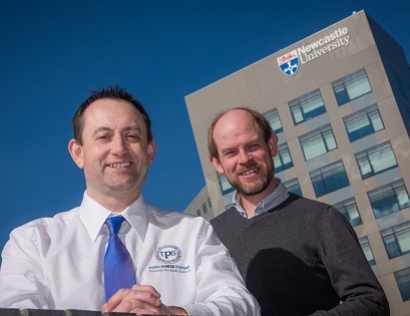
There are multiple factors that will drive the need for smarter electricity management in the distribution network of tomorrow. A few examples of such factors are: the increasing penetration of renewable energy generators, such as solar photovoltaics, and the anticipated move to EVs.
The Smart Hub has been conceived as a method to facilitate the integration of low carbon technologies into the distribution network of tomorrow. The project will focus on developing a Smart Hub to support practical installation of EV charge point (7-300kW/unit) clusters. It will be designed for infrastructure companies are servicing the public, but also for the private sector.
Integration of EV with the distribution network is projected to contribute to electricity network supply capacity, while helping replace the network inertia lost with the switch from centralized generation to decentralized generation from renewables. This principle is called Vehicle-to-Grid and will see the vehicle generate electricity back into the grid at times of need. Moreover, Smart Hubs will facilitate power trading for EV owners to provide two-way fiscal benefits.
Dr. Neal Wade, Lecturer in Power Systems at Newcastle University, said, “Building on our expertise in Energy Storage, Renewable Energy Integration and Electric Vehicle Charging we will work with the project partners to show the potential for this novel solution.”
Photo: Dr. Nigel Jakeman - TPS Engineering & Business Development Director, and Dr. Neal Wade - Newcastle University Lecturer in Power Systems.

